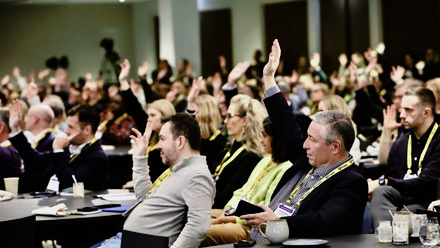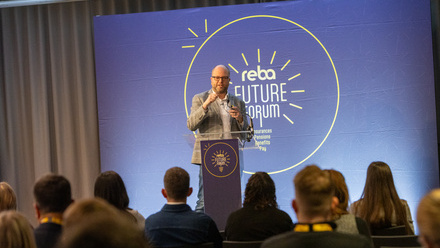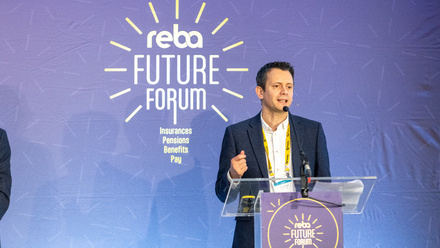Coronavirus pandemic: what are the lessons for wellbeing at work?

The answer will depend on the extent to which both employers and public agencies make a genuine commitment to treating spending on wellbeing measures as a vital investment with long-term benefits rather than a burdensome cost to the bottom line.
We have known for almost 30 years that globalisation made some sort of viral pandemic inevitable. The uncertainty was when, not if. From now on, just-in-case must be the guiding principle for our health and care systems. As COVID-19 shows, the human and economic cost of not being prepared for pandemics far outweighs that borne to build resilience.
For the workforce as a whole, it’s finally time to walk the HR talk on absence management. Sickness absence and presenteeism are problems of equal standing but far too many businesses are so fixated on curbing ‘sickies’ that staff who are genuinely poorly feel under pressure to soldier on.
Even in the toughest lockdown phase of the pandemic there were numerous stories of bosses questioning the need for employees to self-isolate, increasing the risk of spreading the virus. There may now be a case for introducing annual statutory audits of employee wellbeing practice in addition to standard health and safety legislation in order to shine a light on businesses that are not up to scratch.
In the meantime, existing regulation should be sufficient to require employers to protect workers until we have a widely available effective vaccine against the virus.
Most workplaces will have to be physically reconfigured to ensure adequate social distancing. To assist with this, working from home should be encouraged regardless of formal lockdown guidelines. Comprehensive sanitary procedures must become the norm, at a minimum including free provision of hand sanitising materials to employees. In some cases, regular deep cleaning of workplaces and/or use of equipment to check the temperature of people entering buildings might also be necessary.
Such measures are costly but unavoidable if employees and visitors are to be kept safe. Where the short run cost to organisations is too great to bear, especially for smaller businesses, public support in the form of subsidy payments may need to be considered.
Can we expect government and employers to truly heed the lessons COVID-19 has so painfully delivered? Despite frequent homilies on how ‘everything will change’, one can’t be confident that old ways of thinking won’t reassert themselves as soon as the memory of the initial lockdown begins to fade.
Public debt is set to soar as a consequence of combating the virus (even optimistic projections put the likely fiscal deficit for this year alone at close to £300 billion) and organisational balance sheets are under critical stress. The temptation to resort to short-term cost cutting will be immense. All one can hope is that enough of us call this out as false economy so that genuine change is forthcoming.
The author is John Philpott, director at The Jobs Economist.
This article is featured in REBA’s Employee Wellbeing research 2020, in partnership with AXA PPP healthcare.






